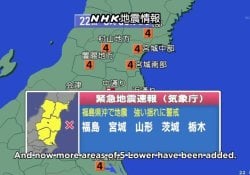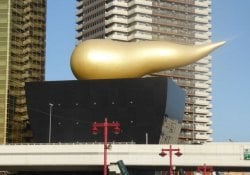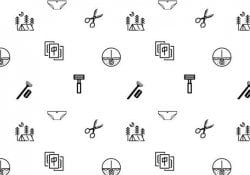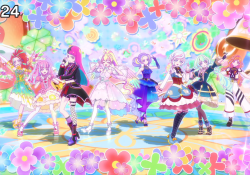Ever wondered what the word really means omoshiroi [面白い] in Japanese? In this article, we will do a complete analysis on this word and understand its meanings, uses, etymology, inflections, origin and secrets.
The word omoshiroi [面白い] is used as an adjective of type i [い] which means interesting, fascinating and intriguing. It can also mean fun, pleasant, funny, comical, satisfying, favorable, desirable, encouraging, and good.
The word [面白い] is the junction of the ideogram [面] which means mask, surface, features and face, together with the ideogram [白] which means white. White represents something bright and clear, also an innocent person.
Índice de Conteúdo
Etymology and Origin of Omoshiroi
Its origin is unknown, but its etymology is clear. The character [面] here doesn't mean face, but it's the scenery spread out in front of your eyes. It can also represent your face's reaction to seeing something pleasant and interesting.
White meaning bright and clear represents the face of a person who is looking at a beauty or landscape that they find interesting. So when you see a bright and clear scene in front of you, it invokes a pleasant feeling.
This pleasant feeling was later expanded to mean "fun" or "attractive" and later expanded to mean "interesting". The word is ayamatokotoba" of Japanese origin, unrelated to words of Chinese origin.
another theory: In the old days, people used to talk around the fire at night. When someone said something interesting, the smiling faces of the others lifted and appeared white in the firelight. Thus, interesting conversations lead to the whiteness that appears before the eyes.
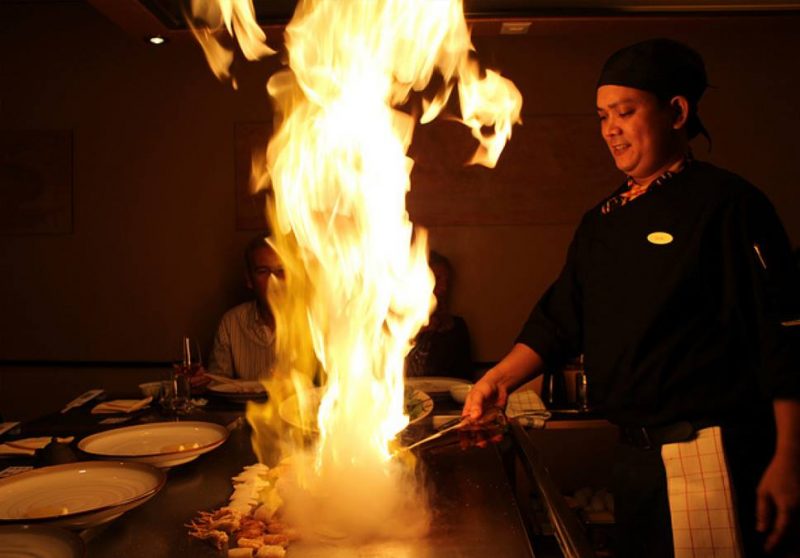
Words related to and derived from Omoshiroi
The word can be adapted to expressions such as omoshiroiyouni [面白いように] which means easily or without any effort. At the Kansai dialect, omoshiroi can be spoken omoroi [おもろい].
The opposite or opposite of omoshiroi Can it be tsumaranai [つまらない] which means boring, trivial and useless. or also ajikenai [あじけない] which means tiresome, tasteless, dull, irritating, miserable and vain.
a serious synonym kyoumibukai [興味深い] which literally means very interesting or of great interest, a higher value than omoshiroi, but not as common to be used.
We also have the noun omoshiromi [面白み] which can refer to an interest, resource, amusement or attraction. Another noun is omoshirosa [面白さ] and omoshiroge [おもしろげ] which also means interest and fun.
We have the junction of two words omoshirookashi [おもしろおかしい] que significa humorístico; engraçado; divertido; risível; hilário; cômico e jocular. Também temos um verbo godan omoshirogaru [面白がる] que significa divertir-se, curtir, pensar em divertir;
We cannot fail to mention the Japanese adjectives ureshii and tanoshii which has a lot to do with the word omoshiroi. Both words are adjectives that represent something happy, joyful, fun, but each one has its differences.
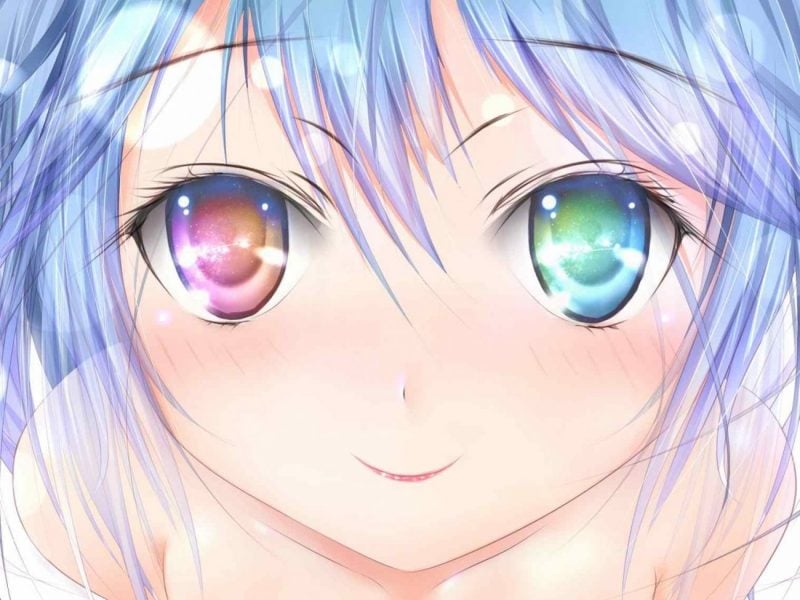
Inflection and Conjugation of Omoshiroku
the adverb of the adjective omoshiroi é omoshiroku [面白く]. Below we will leave the possible inflections of the word omoshiroi and its adverb for you to examine and study calmly:
Responsive Table: Scroll the table sideways with your finger >>
| Inflection | Japanese | Romaji |
| Imperfect (未然形) | 面白かろ | omoshirokaro |
| I continue (連用形) | 面白く | omoshiroku |
| Terminal (終止形) | 面白い | -- |
| Attributive (連体形) | 面白い | -- |
| Hypothetical (仮定形) | 面白けれ | omoshirokere |
| Imperative (命令形) | 面白かれ | omoshirokare |
| Informal negative | 面白くない | omoshiroku nai |
| Informal past | 面白かった | omoshirokatta |
| Past negative informal | 面白くなかった | omoshiroku nakatta |
| Formal | 面白いです | omoshiroi desu |
| Formal negative | 面白くないです | omoshiroku nai desu |
| Formal past | 面白かったです | omoshirokatta desu |
| Past negative formal | 面白くなかったです | omoshiroku nakatta desu |
| connective | 面白くて | omoshirokute |
| Conditional | 面白ければ | omoshirokereba |
| Provisional | 面白かったら | omoshirokattara |
| Volitional | 面白かろう | Interesting |
| Adverbial | 面白く | omoshiroku |
| Grade | 面白さ | omoshirosa |
The article is still halfway through, but we recommend also reading:
Example sentences with Omoshiroi
外国人って面白いなあ。 gaikokuzin tte omoshiroi naa. Foreigners are interesting.
人は子供たちに面白い話をした。 Hito wa kodomo-tachi ni omoshiroi hanashi o shita. People told the children an interesting story.
料理することは面白い。 Ryōri suru koto wa omoshiroi. Cooking is fun.
Omoshiroi in English
Although we translate the meanings into Portuguese, it may be good to highlight the English words that represent the meaning of omoshiroi. The English language usually has more words to represent than Portuguese.
In English, according to desu, the word omoshiroi means: interesting; fascinating; intriguing; enthralling; amusing; funny; comical; enjoyable; fun; entertaining; pleasant; agreeable; good; satisfactory; favourable; desirable; encouraging.

